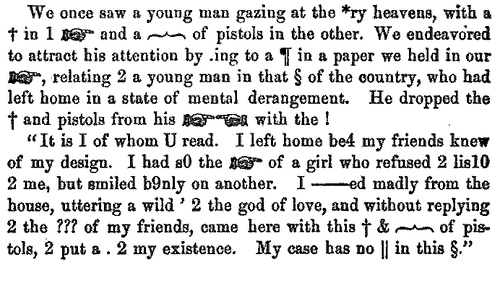
— Charles Carroll Bombaugh, Gleanings for the Curious From the Harvest-Fields of Literature, 1890

— Charles Carroll Bombaugh, Gleanings for the Curious From the Harvest-Fields of Literature, 1890
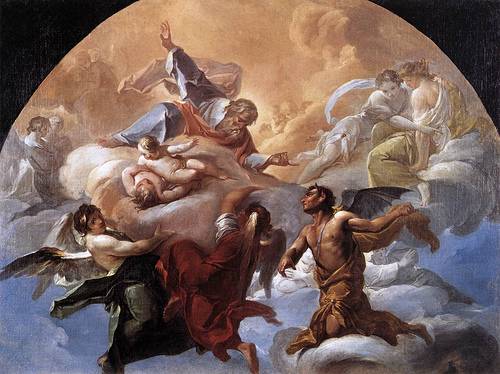
Complementary palindromes:
DO, O GOD, NO EVIL DEED, LIVE ON, DO GOOD!
LIVE, O DEVIL, REVEL EVER, LIVE, DO EVIL!
jehu
n. a reckless driver
Does any English word contain all six vowels?
Unquestionably.
Is this a bad sum?
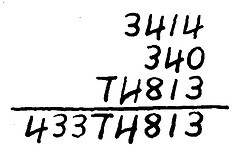
Not in a mirror:
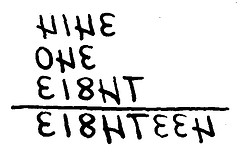
Adapted by Martin Gardner from Henry Dudeney.
imparlibidinous
adj. pertaining to an unequal state of desire between two people

More nouns of assemblage:
My sources insist that a group of gnus is called an implausibility. Should I believe them?
In the seventeenth century, André Pujom, finding that his name spelled Pendu à Riom, fulfilled his destiny by cutting somebody’s throat in Auvergne, and was actually hung at Riom, the seat of justice in that province.
— William Dobson, Poetical Ingenuities and Eccentricities, 1882
inkle
v. to attend a party to which one has not been invited
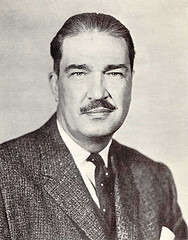
American philologist Revilo P. Oliver had a palindromic name — it reads the same backward and forward. In his family, he said, the name “has been the burden of the eldest or only son for six generations.”
And it cost him — at least one journal rejected his articles as fraudulent.